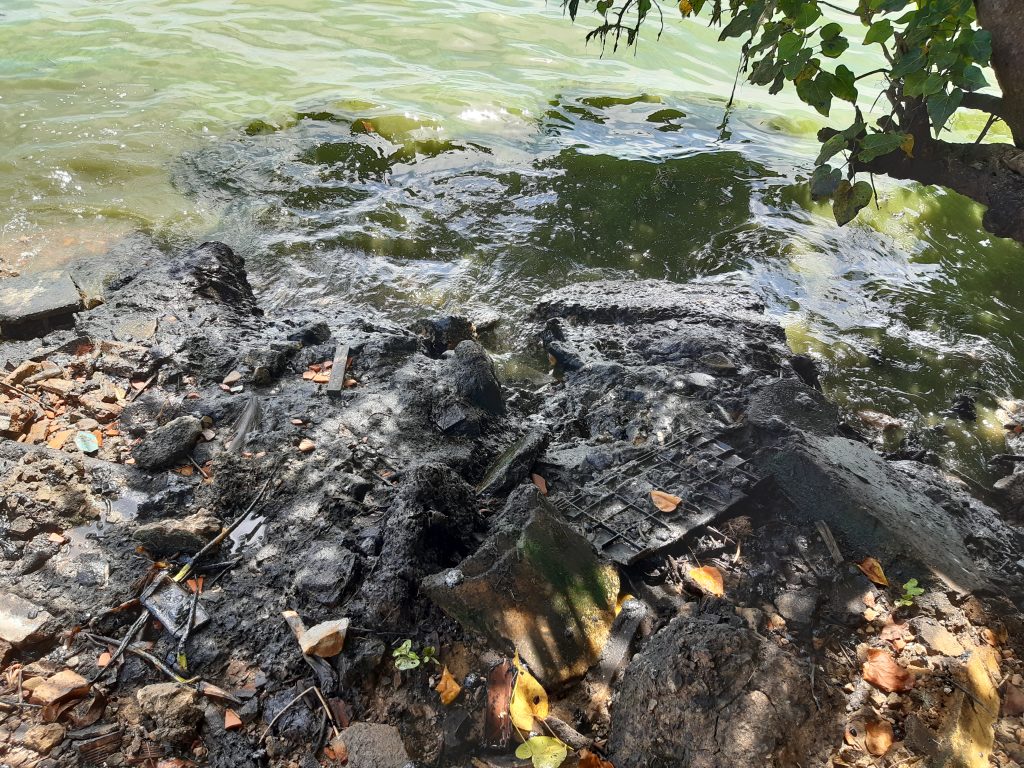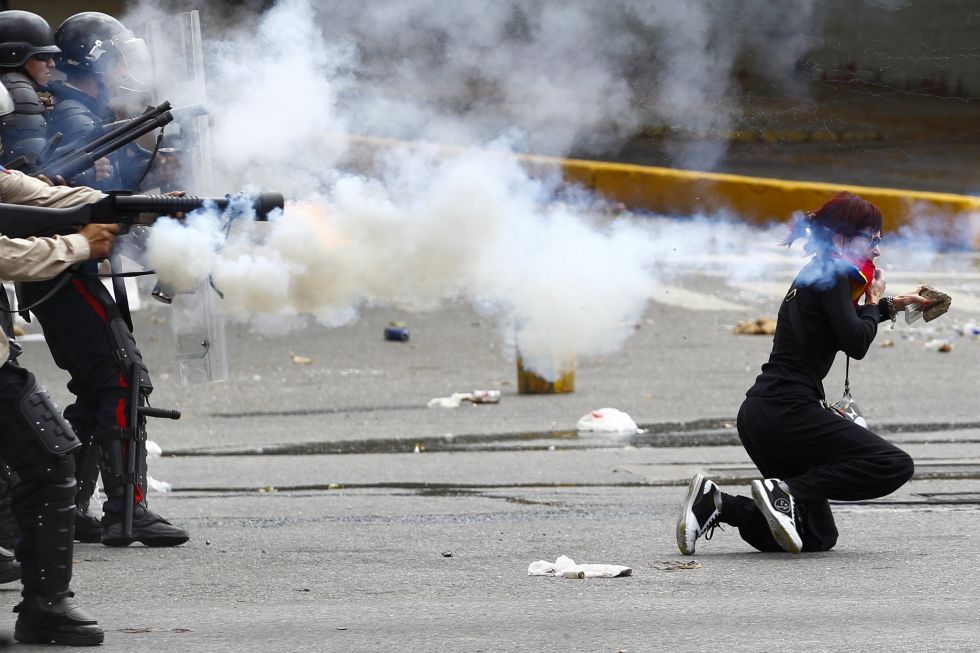According to recent reports from NASA, greenhouse gas emissions are causing an increase in global temperature, known as climate change.
Although Venezuela is responsible for less than 0.4% of the world’s pollution, the country is greatly affected by the climate crisis, as became evident in the second quarter of this year, which witnessed the strongest heat wave in the last decade.
Every year, the United Nations holds the Climate Change Conference (COP), where the leaders of State Parties, international organizations, non-governmental organizations, observers and the media meet to address the climate crisis.
At the recent COP27, Venezuelan President Nicolás Maduro and his Colombian counterpart Gustavo Petro announced an ambitious plan to revitalize, recover and defend the Amazon rainforest.
However, much remains to be done to reduce the carbon emissions that have blighted the lungs of planet Earth.
No effective environmental policies
In Venezuela, the lack of a solid national framework of policies and regulations against climate change makes the country more vulnerable and less sustainable in the face of the impacts of this global phenomenon.
According to the Academy of Physical, Mathematical and Natural Sciences, despite the existence of numerous constitutional, legal, administrative and international regulations on environmental issues in the country, the norms are not fully complied with.
Lack of regulation
“Fossil fuels (coal, oil and gas) are by far the biggest contributors to global climate change, accounting for more than 75% of global greenhouse gas emissions and nearly 90% of all emissions of carbon dioxide”, according to United Nations reports.
From a general perspective, despite not having industrial pollution regulations, Venezuela is one of the countries with the greatest potential to conduct carbon negotiations in comparison to other more developed nations. However, there is no official count of CO2 emissions in the country, which makes it difficult to reach an agreement at the next Conference.
Carbon credits are a form of financing used to support projects that reduce greenhouse gas emissions. Each country has a maximum limit of allowed emissions, and companies that exceed that limit can buy carbon credits to offset their emissions.
COP28: Local initiatives with a global vision
Local initiatives from Non-Governmental Organizations (NGOs) and State Institutions in Venezuela are seeking to promote the use of renewable energy and the reduction of greenhouse gas emissions.
According to the website of the Ministry of Ecosocialism (Minec), Venezuela has implemented several projects to reduce its greenhouse gas emissions, including the promotion of the use of renewable energies and the reforestation of areas affected by deforestation.
Also, a group of NGOs are advancing national initiatives to lower the country’s carbon footprint. One of the projects is being developed by the environmental organization EcoCiudadanos through the Urban Forests project, which pursues the reforestation of urban and peri-urban areas in the country.
Another initiative is the Siembra Petrolera program promoted by the Venezuelan government for more than 18 years, which seeks the reforestation and recovery of areas affected by oil activity in the country. This program also aims to create jobs and promote urban agriculture.
The initiatives of domestic non-governmental organizations and the Venezuelan State can facilitate the consolidation of measures to counteract the effects of the country’s carbon footprint and contribute to the reduction of greenhouse gas emissions.
In the framework of the upcoming Climate Change Conference, Venezuela will have the opportunity to present the progress of the proposal for the recovery of the Amazon rainforest, in addition to enacting initiatives that demonstrate the commitment of civil society to reduce greenhouse gas emissions and protect the environment.
The Venezuelan State still has the possibility of establishing an official count of its carbon emissions in order to participate in the rounds of negotiations that will be held during the COP28, which will take place from November 30 to December 12 in Dubai, United Arab Emirates.
Translated by José Rafael Medina




